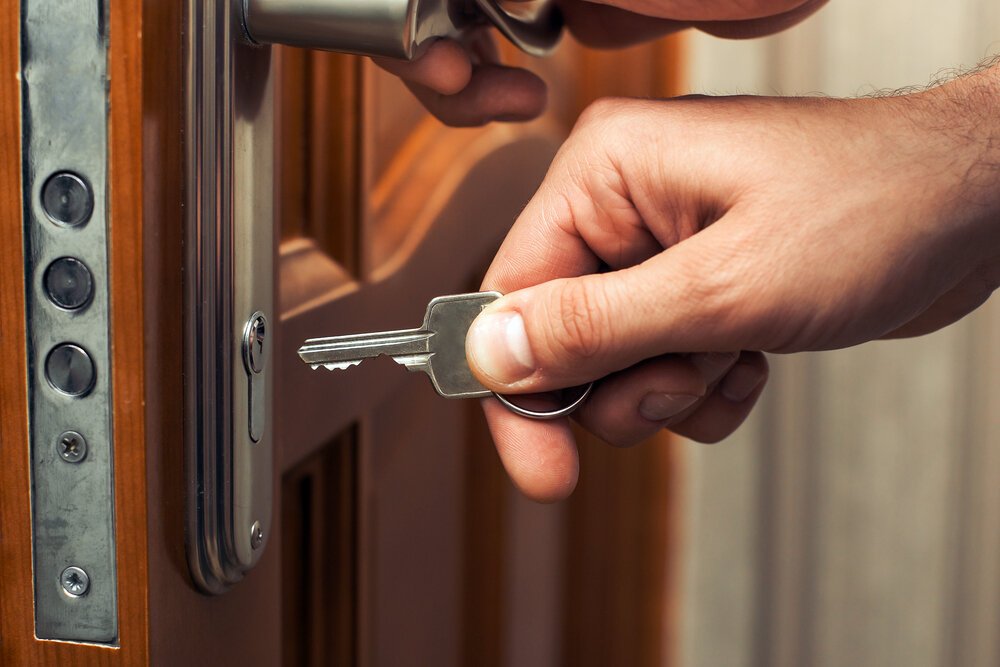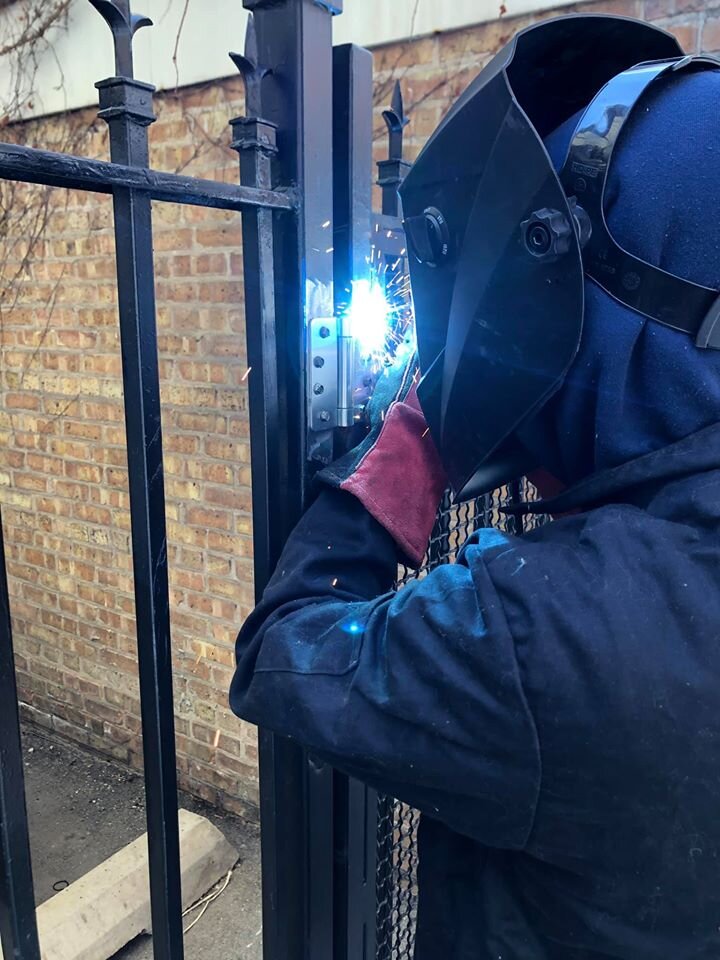When you can't find the file cabinet key, it could cause a huge interruption to your workday. You need a file and you cannot get to it without the key. Most filing cabinets are designed with safety features to keep anybody from bypassing the lock. This means you need a key replacement to get into the filing cabinet.
It doesn't matter if you have a lateral or vertical file cabinet, replacing a lost file cabinet key isn't difficult. You will often just need the right help from the cabinet manufacturer, but this can take time. You may be waiting for weeks to receive a new key and that may be too long.
When you cannot wait, you need to know how to replace a lost file cabinet key quickly. Start by writing down the brand name, model number, and style of your file cabinet, including the serial number and the model number found on the cabinet drawers. Once you have this information, calling a skilled Chicago locksmith should be your next move.
How a Locksmith will Help You with File Cabinet Key Replacement
When you cannot get a key replacement from the manufacturer or you cannot wait as long as they need to send them, a skilled locksmith can create a new key for you. Even if the locksmith doesn't have the right key template to make a replacement, they may be able to make the current key fit (if it's not lost) or pick the lock so that you can get into the file cabinet.
What Not to Do About Your Lost File Cabinet Key
You may be tempted to break into the file cabinet yourself. This is a bad idea. You never want to pry open the file cabinet unless you're ready to replace it after you do so. Once you pry into the cabinet, you will void the warranty and it will be very difficult, if not impossible, to fix the damage. It's better to call a Chicago locksmith and let a professional get you into your file cabinet.
How to Prevent This in the Future
After you've accessed your file cabinet, you'll want to take measures to prevent this in the future. It's important to have additional copies of your file cabinet keys in a safe place just in case they are lost again, break or bend. Have a professional locksmith make you extra keys and either give them to another trusted person in your business or keep them in a safe you have access to.
Having an extra key or two for your file cabinet can take a large interruption to the workday and turn it into a small inconvenience. Instead of having to call a locksmith the next time, you'll just need to retrieve the extra key. Then, you can call the locksmith to have another copy made at your convenience.
Dealing with a lost or broken file cabinet key isn't an easy situation. It's annoying and can screw up the entire workday. Make sure you have a professional locksmith in Chicago ready to go in case this issue happens to you.





